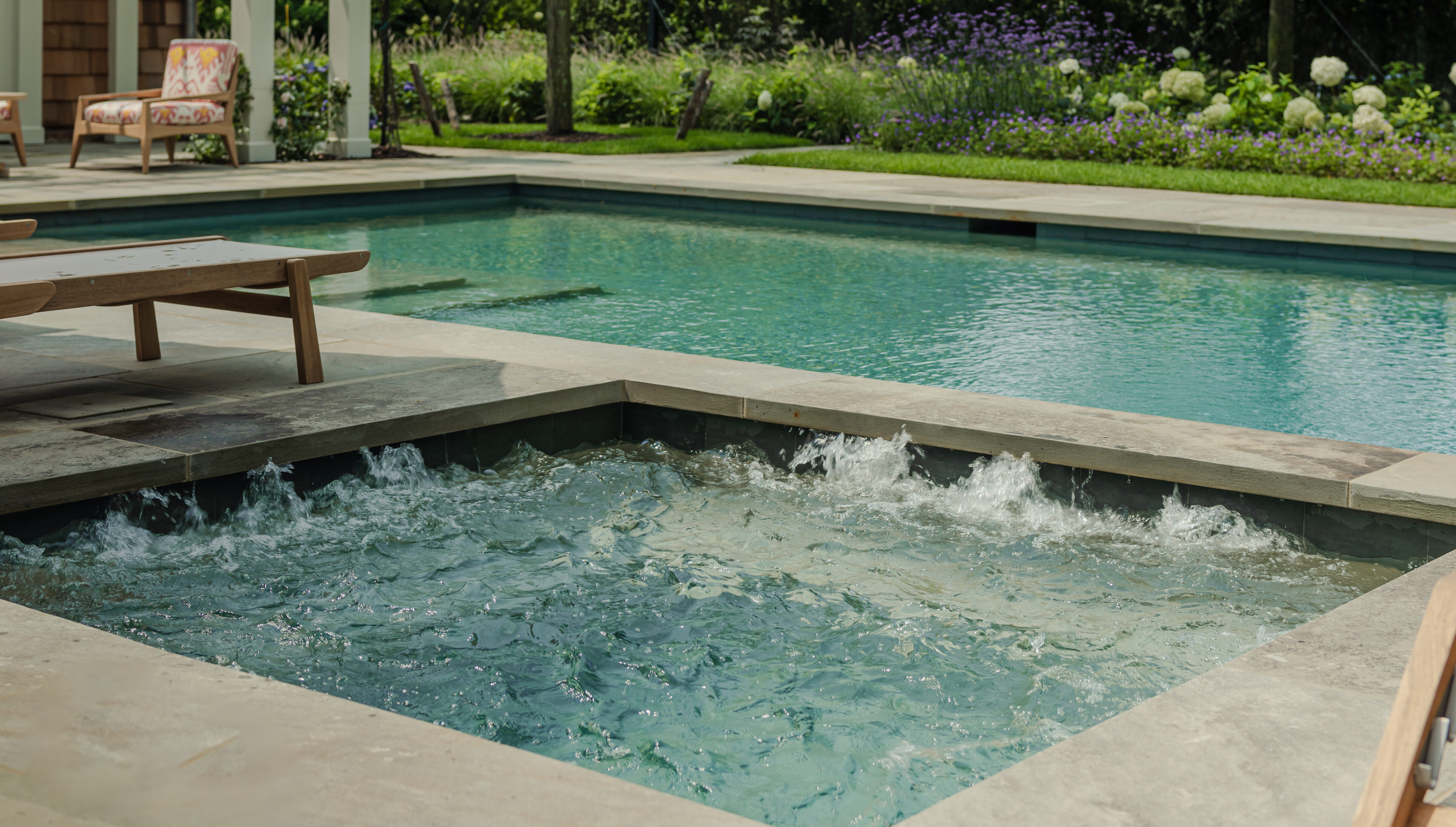
Keeping your pool clean and well-maintained is essential for a safe and enjoyable swimming experience. There are various types of pool cleaning chemicals available on the market, each serving a specific purpose in maintaining water quality and preventing algae growth. In this article, we will explore the different types of the best pool-cleaning chemicals, their uses, and how they contribute to a clean and inviting pool.
1. Chlorine
What is Chlorine?
One of the most common pool cleaning chemicals, chlorine is a powerful disinfectant that helps kill bacteria and algae in the water. It comes in various forms, including chlorine tablets, granules, and liquid.
Uses of Chlorine:
- Sanitizes pool water by killing bacteria and algae
- Controls the growth of algae and other microorganisms
- Helps maintain water clarity
How to Use Chlorine:
Chlorine should be regularly added to the pool to maintain proper water sanitation. Follow the manufacturer's instructions for the appropriate dosage based on your pool size and current water conditions.
2. Shock
What is Pool Shock?
Pool shock, also known as super chlorination, is a highly concentrated form of chlorine that is used to quickly raise the chlorine levels in the pool water. It is typically used to treat algae blooms, cloudy water, and other water quality issues.
Uses of Pool Shock:
- Eliminates algae and bacteria buildup
- Restores water clarity
- Removes chloramines and other organic contaminants
How to Use Pool Shock:
Pool shock should be added to the pool water in the evening or at night to allow it to work effectively without being degraded by sunlight. Follow the instructions on the shock product for the proper dosage and application method.
3. Algaecides
What are Algaecides?
Algaecides are pool-cleaning chemicals specifically designed to prevent and treat algae growth in the pool. They come in different formulations, including copper-based, silver-based, and quaternary ammonium compounds.
Uses of Algaecides:
- Prevents algae growth in the pool
- Kills existing algae blooms
- Works as a preventative measure when used regularly
How to Use Algaecides:
Algaecides should be added to the pool water as a preventive measure or as a treatment for existing algae growth. Follow the manufacturer's instructions for the correct dosage and application method based on your pool size.
4. pH Balancers
What are pH Balancers?
pH balancers are pool chemicals used to maintain the proper pH level of the water. The pH level of the pool water affects the effectiveness of chlorine and other chemicals, as well as the overall comfort of swimmers.
Uses of pH Balancers:
- Maintains the pH level of the water between 7.2 and 7.6
- Prevents corrosion of pool equipment
- Ensures the effectiveness of chlorine and other chemicals
How to Use pH Balancers:
pH balancers should be added to the pool water as needed to maintain the proper pH level. Test the water regularly using a pool test kit and adjust the pH as necessary to keep it within the recommended range.
5. Clarifiers
What are Clarifiers?
Pool clarifiers are chemicals that help remove fine particles and debris from the pool water, improving water clarity and overall cleanliness. They work by coagulating small particles to form larger clumps that can be easily filtered out.
Uses of Clarifiers:
- Improves water clarity
- Helps filter out small particles and debris
- Enhances the effectiveness of pool filters
How to Use Clarifiers:
Clarifiers should be added to the pool water as needed to improve water clarity. Follow the manufacturer's instructions for the correct dosage based on your pool size and current water conditions.
Conclusion
Understanding the different types of pool cleaning chemicals and their specific uses is essential for maintaining a clean and healthy swimming pool. By using a combination of chlorine, shock, algaecides, pH balancers, and clarifiers, you can ensure that your pool water remains crystal clear and safe for swimming all season long.